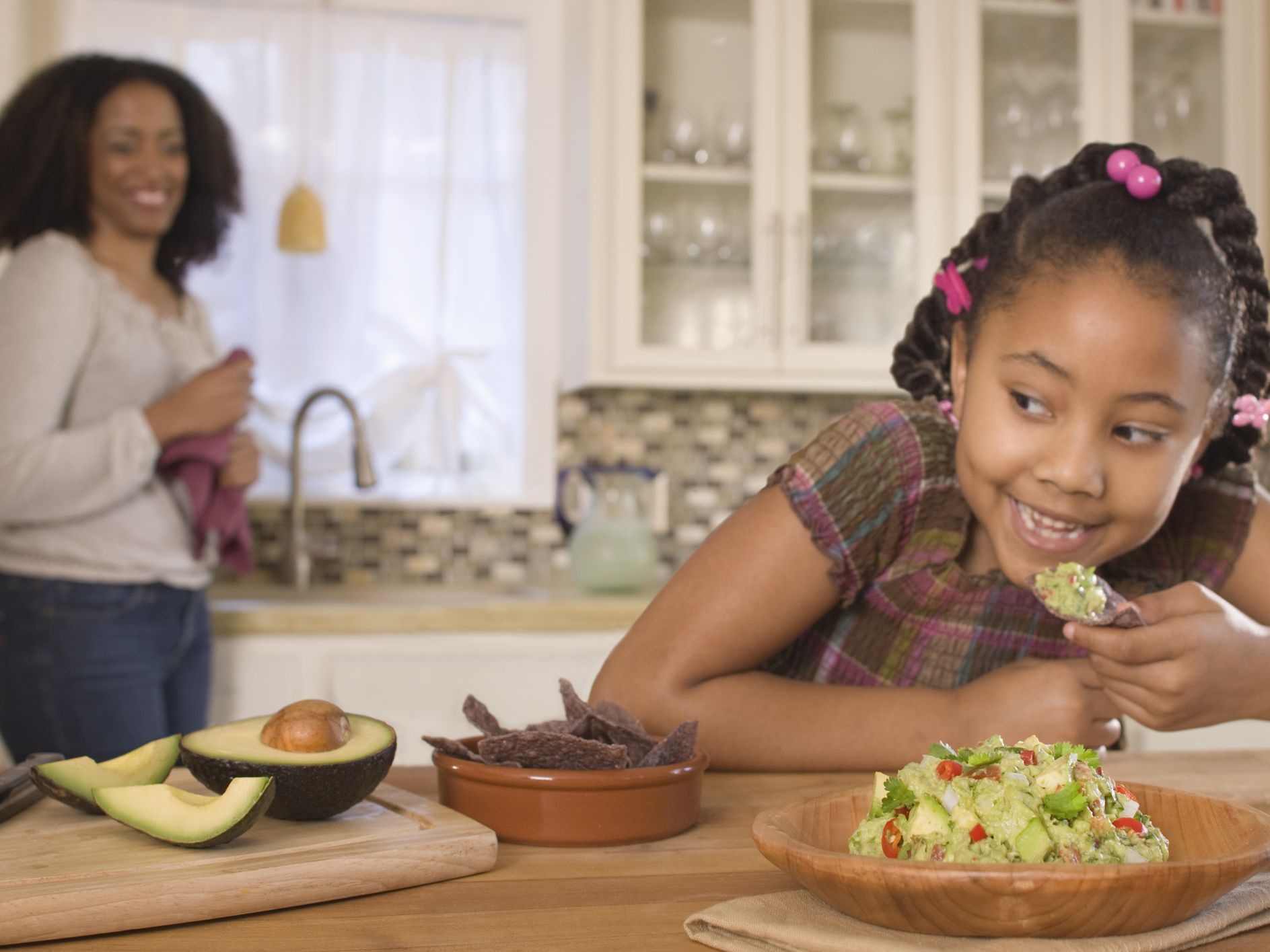Parenting is no easy feat. And ensuring your child is at a healthy weight can be difficult.
Staying active and consuming healthy foods and beverages are important for your child’s well-being. You can take an active role in helping your child and your whole family – learn habits that may improve health.
How can I tell if my child is overweight?
Like I said, being able to tell whether a child is overweight is not always easy. Children grow at different rates and at different times. Also, the amount of a child’s body fat changes with age and differs between girls and boys.
One way to tell if your child is overweight is to calculate his or her body mass index (BMI). BMI is a measure of body weight relative to height. The BMI calculator uses a formula that produces a score often used to tell whether a person is underweight, a normal weight, overweight, or obese. The BMI of children is age- and sex-specific and known as the “BMI-for-age.”
BMI-for-age uses growth charts created by the U.S. Centers for Disease Control and Prevention.
Doctors use these charts to track a child’s growth. The charts use a number called a percentile to show how your child’s BMI compares with the BMI of other children.
The main BMI categories for children and teens are:
- healthy weight: 5- 84%
- overweight: 85- 94%
- obese: 95% or higher
Should I be concerned?
Yes. You should be concerned if your child has extra weight because weighing too much may increase the chances that your child will develop health problems now or later in life. It’s no different than us carrying around extra weight. We can experience back problems, breathing problems, be higher risk for diabetes, high blood pressure and the list foes on.
Children who are overweight are at higher risk of entering adulthood with too much weight. Tackling it before it worsens or causes any health concerns is the best idea.
What Can I Do?
Here are 7 ways you can help your child shed extra weight and put them on a better weight management track
1. Be a Role Model –Your heath and weight directly effect your child’s health and weight. Children with just one overweight parent have a 25% risk of becoming an overweight or obese adult. If both parents are overweight the risk of becoming an overweight adult jumps to 50%.
2. Be Positive– No one enjoys receiving negative feedback. Talk to your child with compassion and encouragement. Instead of saying, ‘Lose weight’, say, ‘Let’s be healthy and start taking care of our bodies’. Focus on the foods you can eat, not the ones that you cannot. Say, ‘Let’s go pick out fruits and make a fruit salad,’ not ‘Don’t eat that.’
3. Make healthy eating a family affair – A family that eats together, eats better, according to a recent study in the journal Archives of Family Medicine. Children who report frequent family dinners have healthier diets than their peers who don’t, the study showed. Also fill your refrigerator and cabinets with fresh fruits, nuts, low-fat cheese, and things for everyone to snack on.
4. Eat Breakfast – A breakfast that consists of protein, starch and fat will keep your children more alert during school. Studies have shown that weight loss is much more difficult in people who skip breakfast. But ensure it’s not just sugary cereals. A fruit bowl is a great option, or yogurt, Try to stay away from processed foods and sugar filled breakfast foods.
5. Make time for physical activity – Make physical activity a family activity. Every night after dinner in the summer, go for a half-hour walk and make it an activity that kids look forward to. If you can afford it, enroll your kids in dancing or a sporting activity that they enjoy because they need to enjoy it to keep doing it. Or just turn on some dance music and have a dance party around the house.
6. Don’t say diet – Put your child on any diet and you are setting them up for an eating disorder – whether binge eating or closet eating or another type of disorder. Lifestyle changes have proven to be the most effective to lose weight and keep it off.
7. Avoid portion distortion – When serving the food try to portion out meal on dishes and avoid buffet-type or family-style eating. When exposed to so much food it is easy for your eyes to be bigger than your stomach. Resist the first temptation to have seconds then check in with yourself to see if you are really hungry.
If you need support – speak with your family doctor for guidance.







Be First to Comment